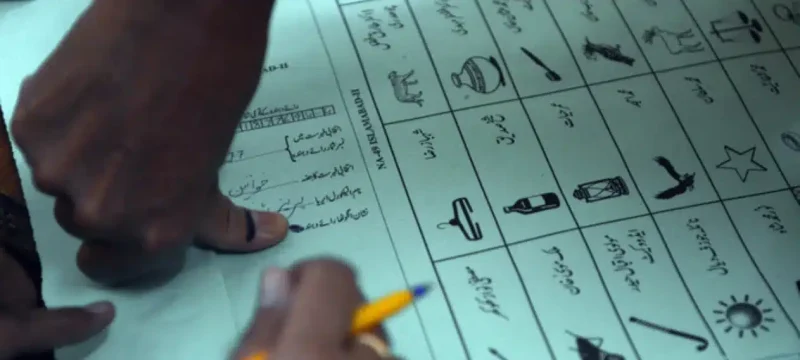Activists advocating for environmental protection in Pakistan have raised concerns about the environmental impact of using paper for the recent general elections in the country. According to these activists, approximately 2,170 tons of paper were used for printing ballots and other documents, resulting in the chopping down of approximately 49,600 trees.
However, experts have clarified that Pakistan does not produce paper domestically but relies on imports. They explained that paper for the elections was produced by recycling used paper and cardboard.
In the 2018 general elections, 800 tons of paper were used for printing the ballots. This time, the Election Commission of Pakistan estimated that 2,170 tons of paper would be required.
Also Read: Elections 2024: Imran Not on Ballot, but Still on Pakistan’s Mind
Environmental expert Dr. Usman Ali emphasized that Pakistan lacks the resources to produce paper domestically and imports it, primarily because cypress trees are needed to make high-quality paper. He noted that Pakistan has a low percentage of forest area compared to the international standard of 25%.
Dr. Ali explained that producing one ton of paper requires a significant amount of resources, including 1,700 kilograms of wood, 80 tons of water, and 5.7 kilowatts per hour of energy. He highlighted that even though paper is imported, recycling used paper and cardboard helps mitigate environmental impact.
Regarding the environmental consequences of paper production, Dr. Ali stated that deforestation contributes to carbon emissions, and Pakistan needs to control its carbon emissions under Vision 2030.
It’s worth noting that some political parties had suggested using electronic voting machines (EVMs) instead of paper ballots in the 2018 elections, which could have reduced paper usage and expedited the vote counting process. However, this proposal was rejected.









